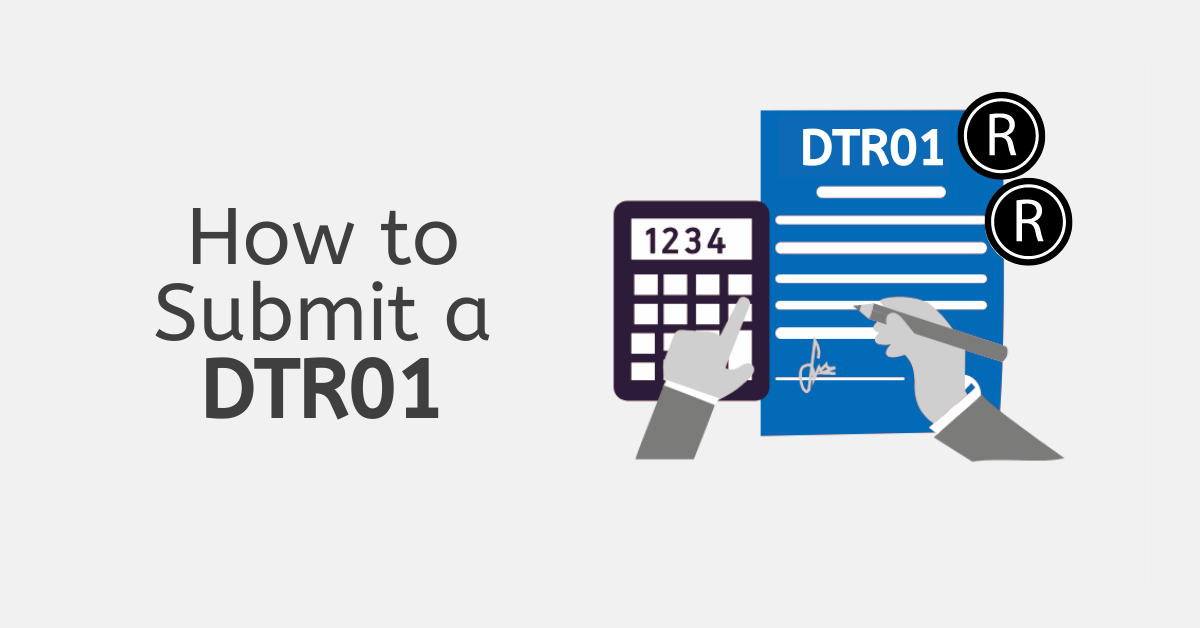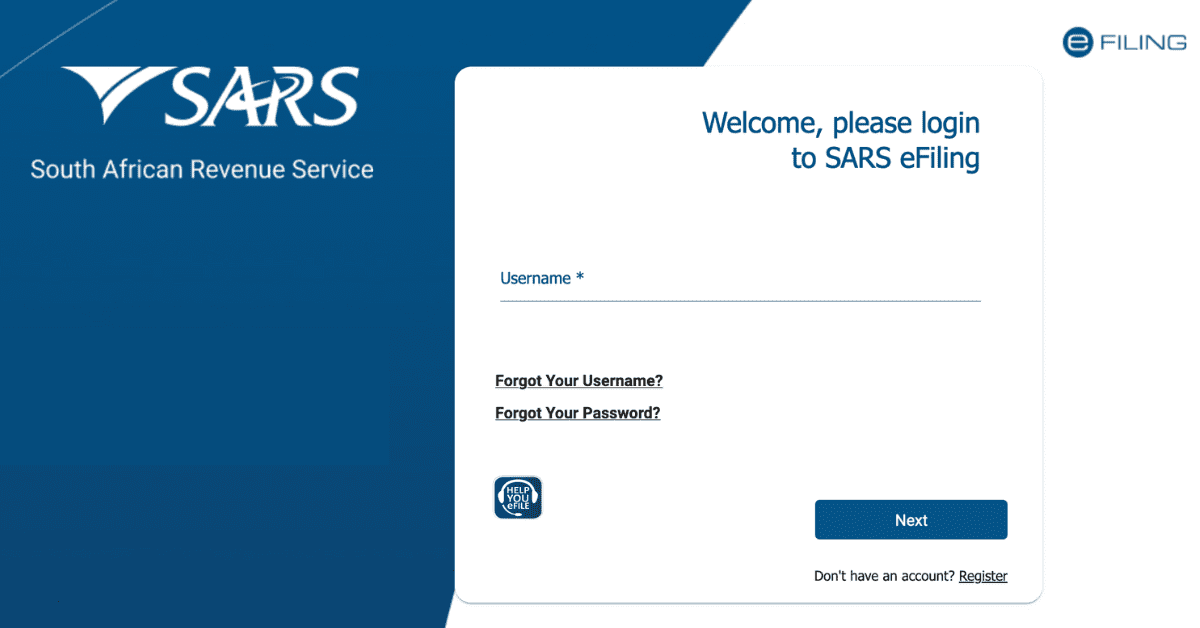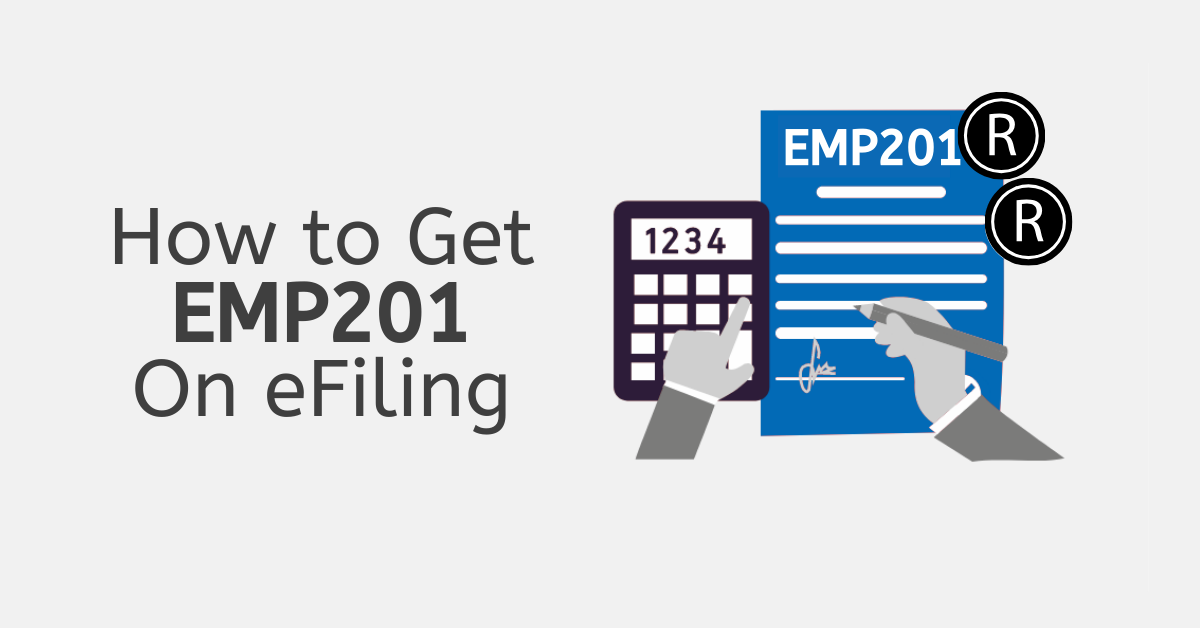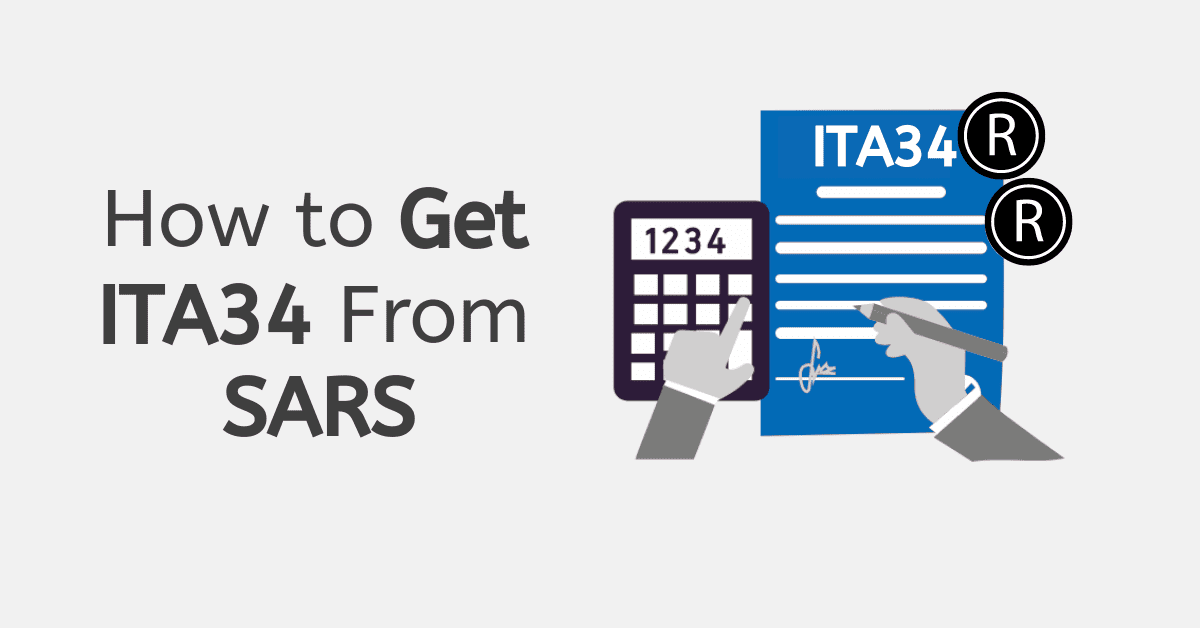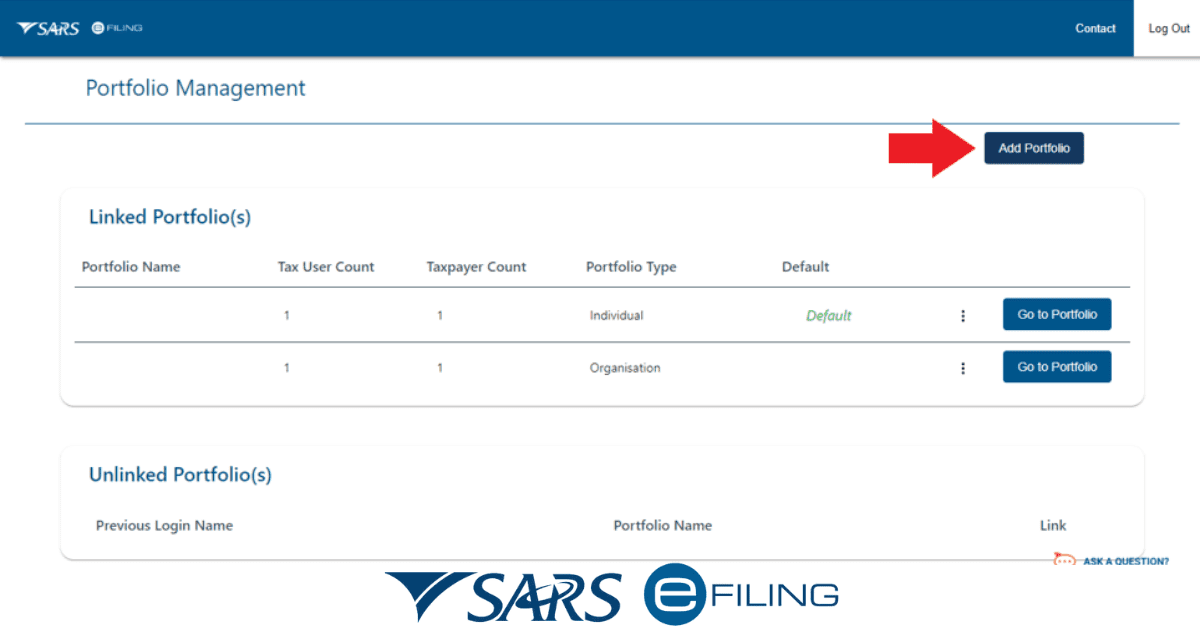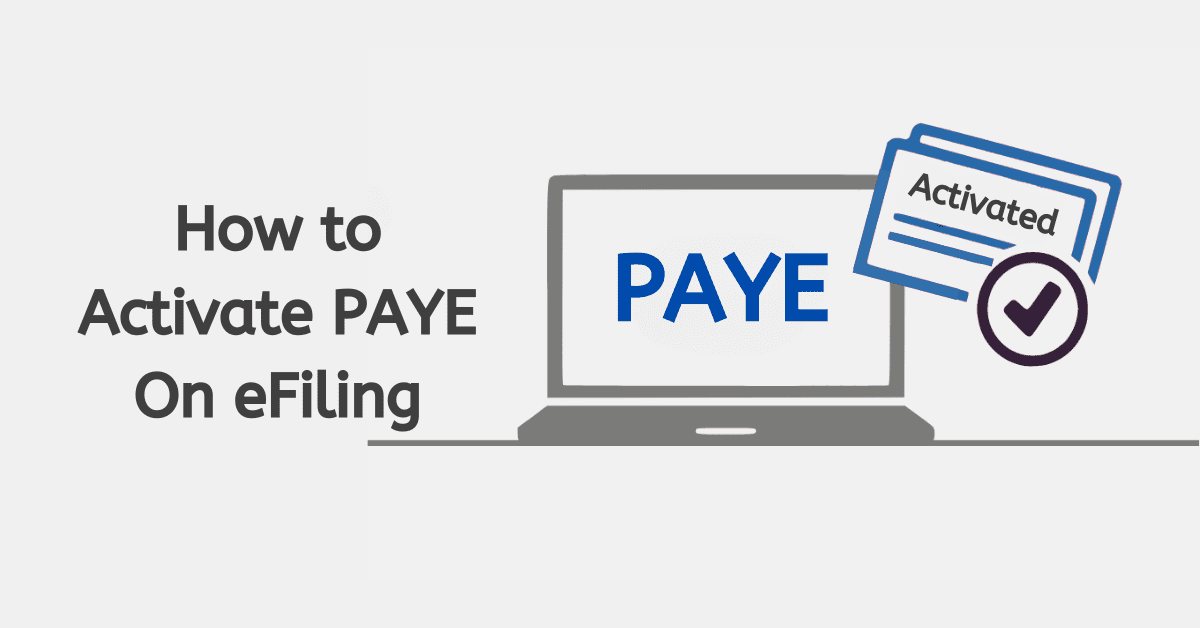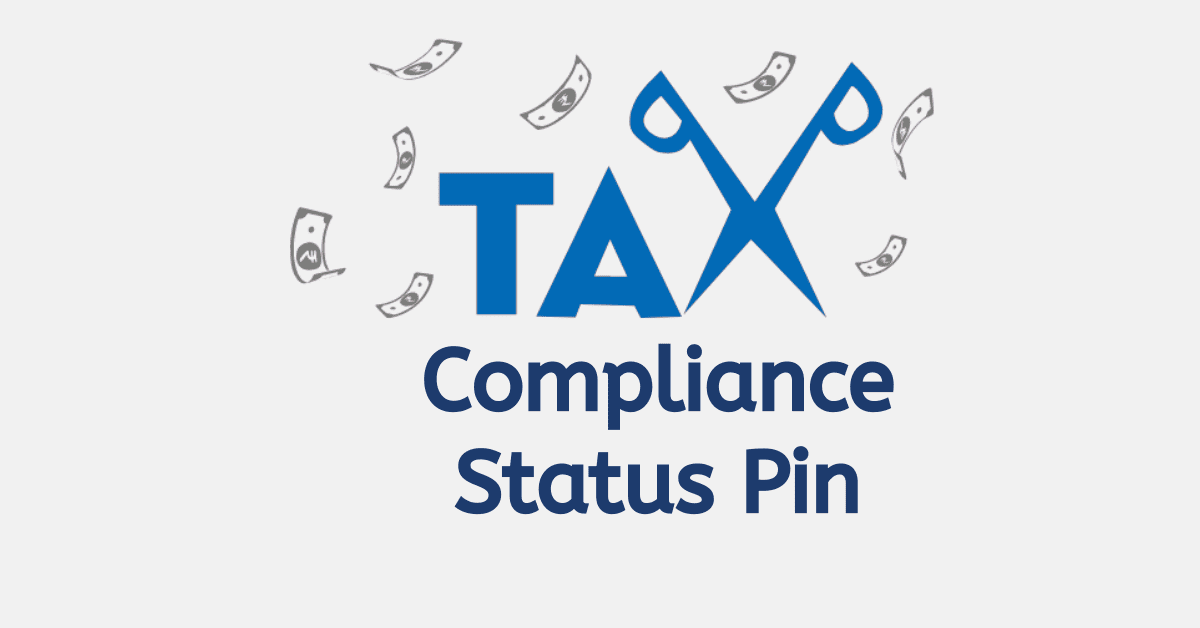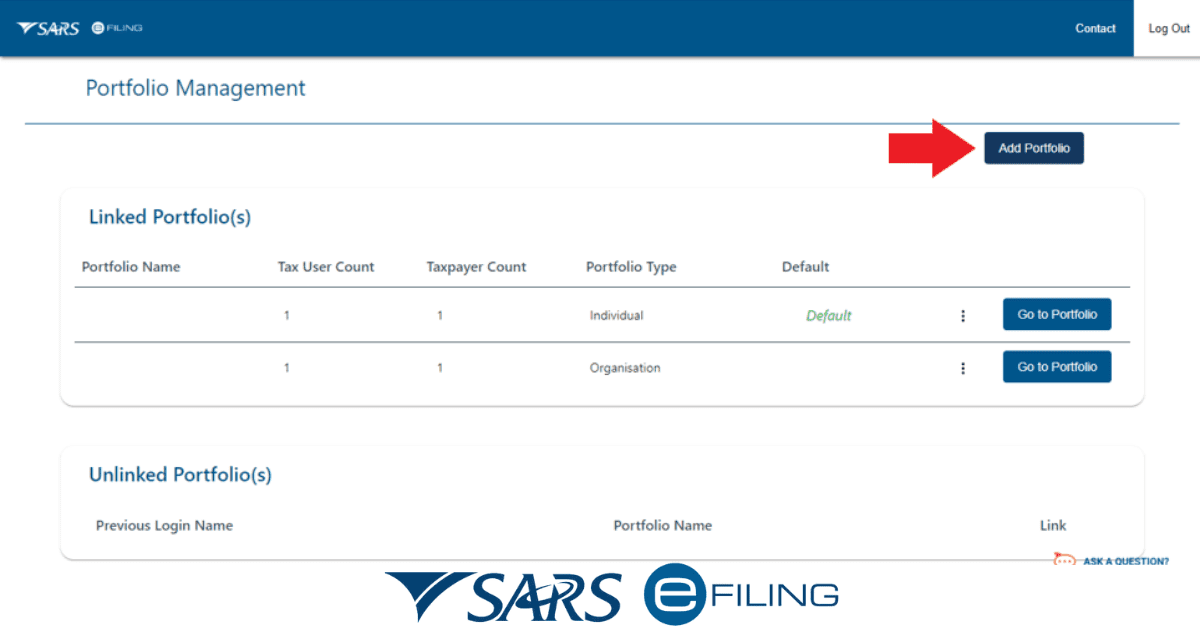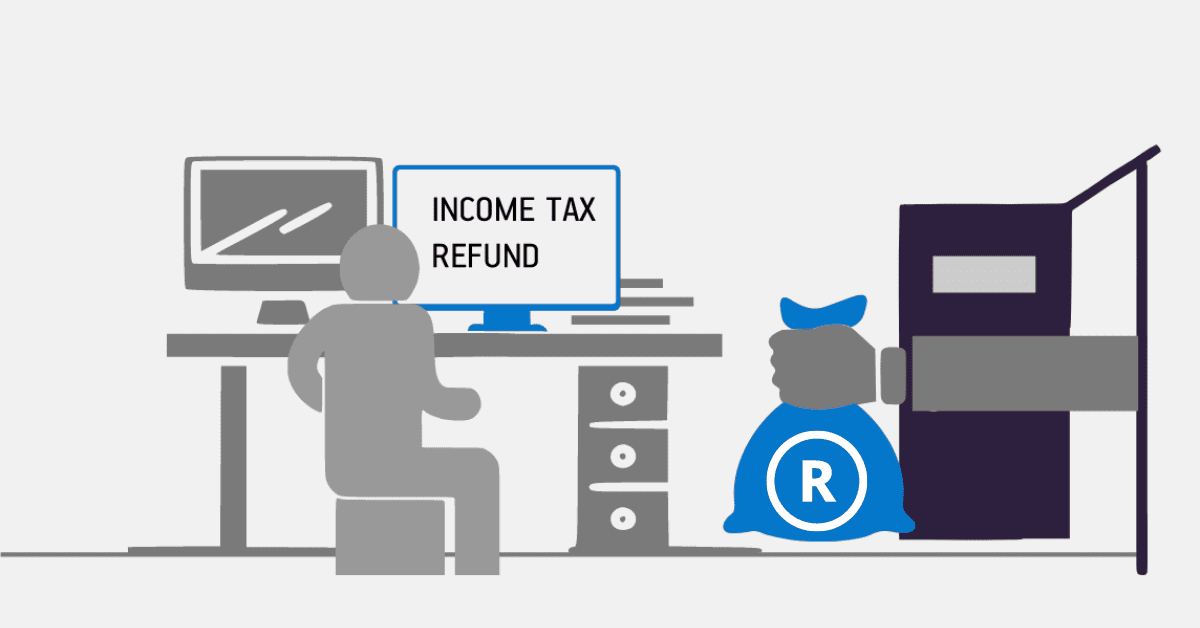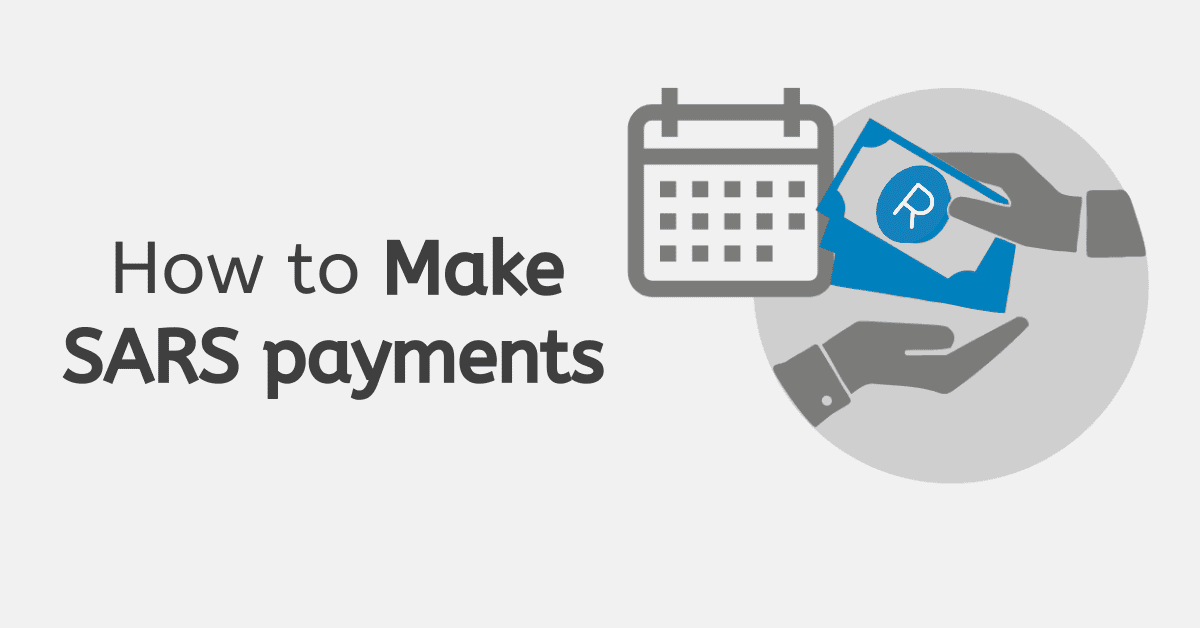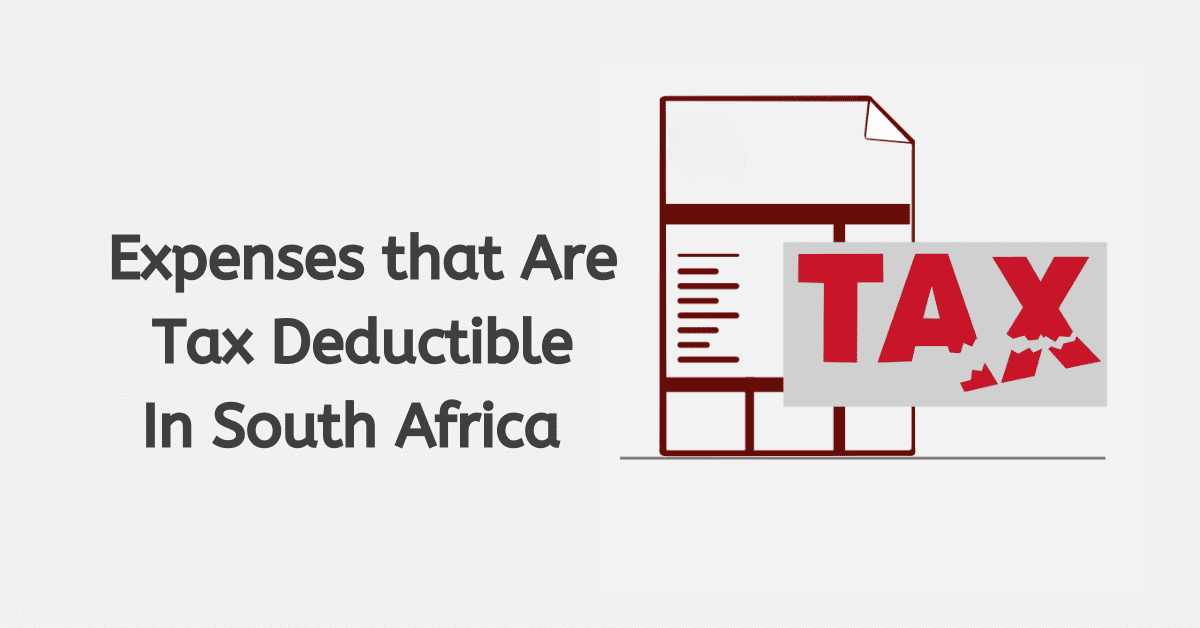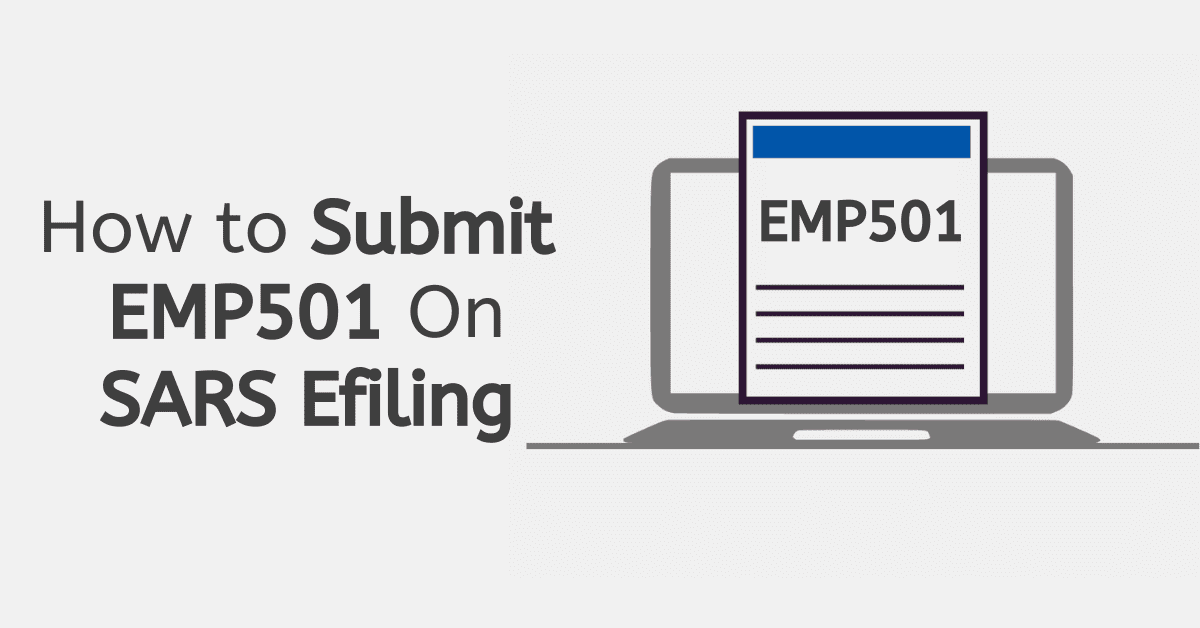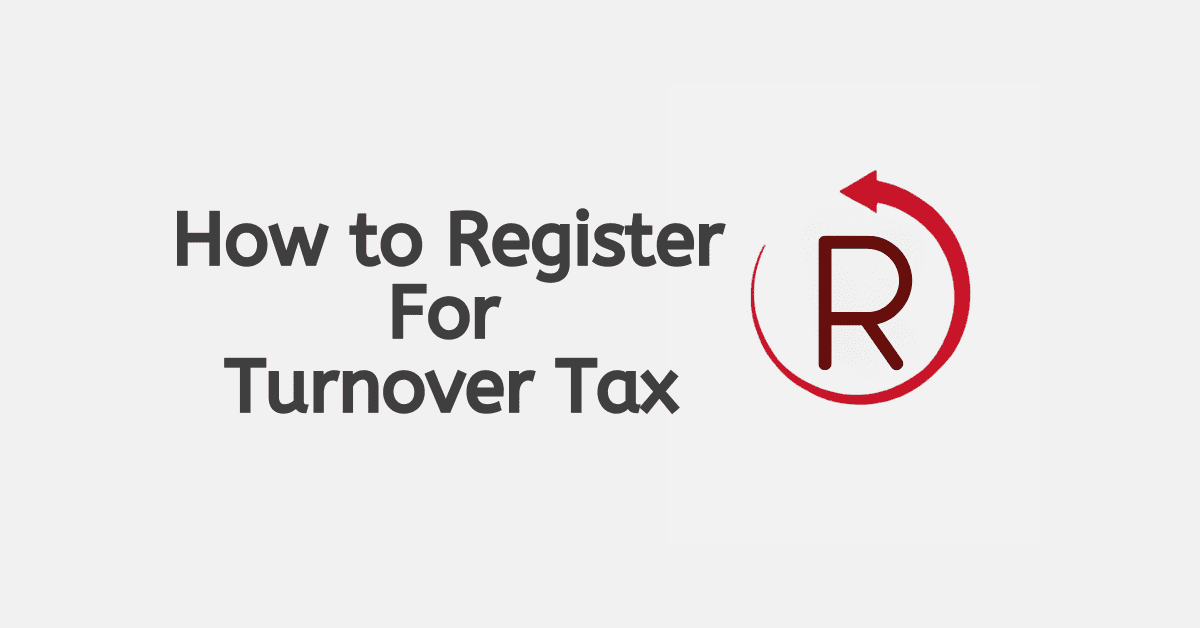Donating to loved ones or contributing to charitable causes is a noble gesture, but in South Africa, it comes with a financial consideration known as donations tax. Donors and recipients must understand how donation tax works and explore legitimate ways to minimize or avoid it. This comprehensive guide will delve into the intricacies of donations tax in South Africa, provide insights into calculating and paying this tax, explore available exemptions, and shed light on who bears the responsibility for donations tax. By the end of this guide, you’ll be equipped with valuable knowledge to navigate the South African donations tax landscape effectively.
How to avoid donations tax in south africa
Avoiding donations tax in South Africa requires careful planning and adherence to the tax regulations. Donations tax is levied on the gratuitous transfer of property or assets. Taxes play a substantial role in government revenue, but legal strategies exist to minimize or evade them. Check the inside scoop:
- Utilize Annual Exclusions: South Africa allows an annual donations tax exemption up to a certain threshold. As of the last update, the annual exemption was set at R100,000. Any donations below this threshold are not subject to donations tax.
- Leverage Spousal Exemptions: Donations between spouses are exempt from donations tax, regardless of the amount. This exemption extends to spouses in both traditional marriages and civil unions.
- Support Public Benefit Organizations: Donations to approved public benefit organizations (PBOs) are exempt from donations tax. Contributing to recognized charitable causes can minimize your tax liability while supporting good deeds.
- Plan for Estate Duty: Considerations for donations tax should be part of your estate planning. By structuring your donations strategically, you can reduce the impact of donations tax on your estate’s overall liability.
- Consult a Tax Professional: Tax laws and regulations can change, and interpretations may vary. Consulting with a tax professional or financial advisor can help you navigate the complexities of donations tax and ensure compliance with the latest guidelines.
What Is Donations Tax?
Donations tax in South Africa applies to the free transfer of property or assets between individuals and businesses. It’s overseen by the South African Revenue Service (SARS) and serves to generate government revenue and oversee the movement of wealth. Donations tax applies when one party donates or gives away assets or property to another without receiving full value in return. Understanding donation tax rules and exemptions is essential for individuals and organizations engaged in such transactions.
How Do I Calculate Donations Tax?
- ADVERTISEMENT -
Calculating donations tax in South Africa involves applying a specific tax rate to the taxable value of the donation. As of the most recent information, the rate applied is 20% for cumulative donations exceeding R30 million. For donations below R30 million, the rate is 20% for the initial R10 million and 25% for the part exceeding R10 million. To compute your donations tax responsibility, ascertain the overall taxable value of the donations given and employ the appropriate tax rate.
How Do I Pay Donations Tax?
Paying donations tax in South Africa is the responsibility of the donor. When you give a donation subject to taxation, you must fill out the correct SARS form (Form IT144) and send it to SARS along with the required payment. For donations, the payment should be made within three months of the donation, and for immovable property, within six months. Failing to pay donations tax punctually can lead to fines and interest fees. Maintaining accurate records and documentation of your donations for tax purposes is essential.
What Are the Exemptions?
South Africa provides several exemptions and thresholds for donations tax. These exemptions include:
- Annual Exclusion: Donations below the annual exemption threshold (R100,000 as of the last update) are exempt from donations tax.
- Spousal Exemption: Donations between spouses, regardless of the amount, are exempt from donations tax.
- Donations to PBOs: Donations to approved public benefit organizations (PBOs) are exempt from donations tax.
- Donations for Maintenance: Certain donations made for the maintenance of the donor, their spouse, or children are exempt.
- Donations by Minors: Donations made by minors (under 18) are exempt up to a certain threshold.
It’s important to note that these exemptions and thresholds may change over time, so checking with SARS or a tax professional for the latest updates is advisable.
Who Pays Donations Tax and How?
South Africa’s responsibility for paying donations tax falls on the donor—the individual or entity making the donation. Donors must complete the appropriate SARS form (Form IT144) and submit it, along with payment for the tax due, to SARS. The donor must pay donation tax within three months of making the donation or within six months in the case of immovable property. Donors must maintain accurate records and adhere to tax regulations when engaging in gratuitous transfers to avoid penalties and interest charges.
